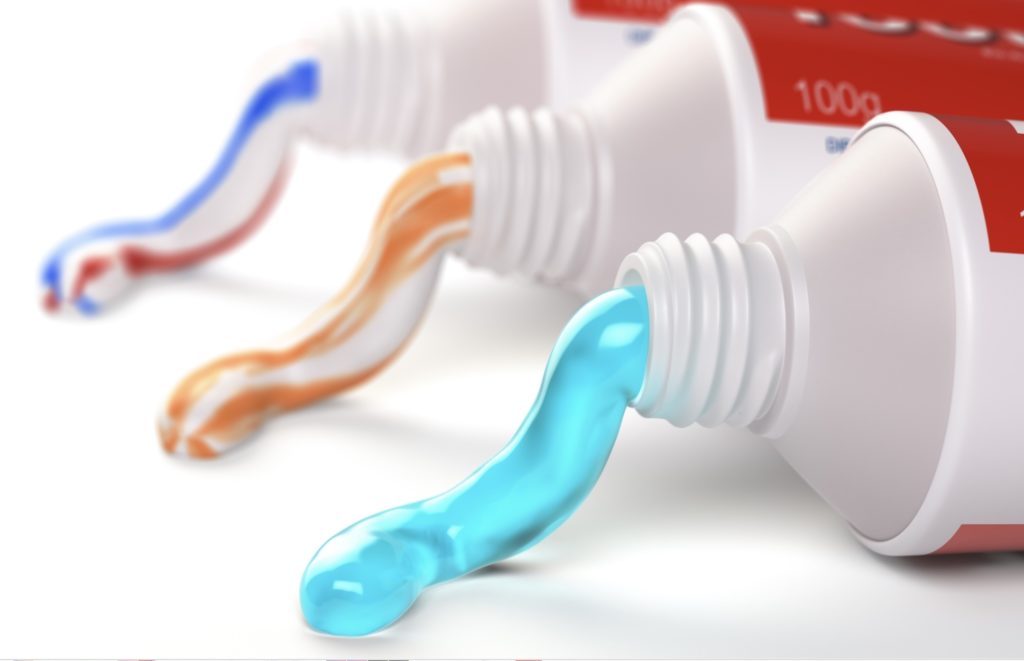Evidentialism Factslap: Ancient Egyptians invented toothpaste
The ancient Egyptians are known for many firsts. Hieroglyphics, papyrus, the calendar, and even bowling all come from the minds of the ancient people along the Nile. Egyptians were also some of the first to pay particular attention to oral care. They invented the first breath mint, toothpicks have been found alongside mummies, and they created the oldest known formula for toothpaste. One of the earliest medicinal texts, the Ebers Papyrus contains an astoundingly accurate understanding of the human circulatory system as well as an assortment of medicinal remedies. Written around 1550 BCE, this ancient text also describes an ancient form of toothpaste. This early dentifrice was likely made from ingredients such as ox hooves, ashes, burnt eggshells, and pumice (a type of volcanic rock), but by the fourth century CE, when Egypt was under Roman rule, the recipe evolved to include salt, pepper, mint, and dried iris flower, based on descriptions in another papyrus. Egyptians may have applied the paste with toothbrushes made from frayed twigs. Although Egyptian toothpaste may seem unrecognizable compared to the science-y sounding ingredients found in modern tubes of Colgate or Crest, these ancient toothpaste recipes essentially do the same thing. Modern toothpaste uses materials known as abrasives to remove gunk from teeth, lessening the potential for decay and cavities. While Egyptians used salt and pepper (or pumice) for this task, today we use hydrated silica for that same abrasive purpose — though thankfully it’s gentler on our gums. And the mint the Egyptians used helped freshen their breath, just as today’s mint-flavored toothpaste does. So while our modern tubes of toothpaste are a relatively modern creation, cleaning our teeth is a habit that goes back at least as far as the ancients. Why Brits reject the ritual still confounds science. |

